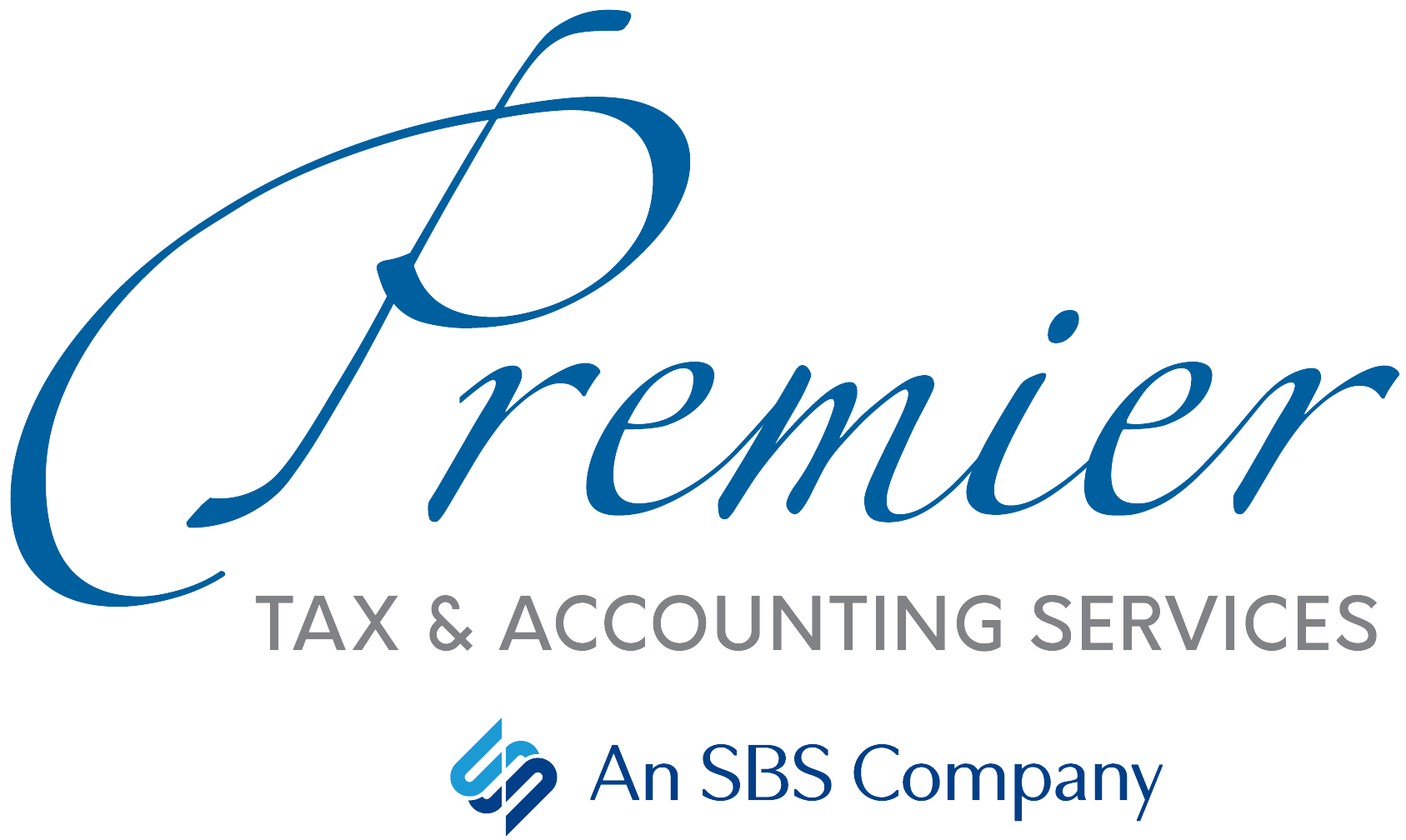In this current seller’s market, you may be considering selling your first or second home. If so, keep in mind how selling your home may affect your tax return. When filing your taxes, you may qualify to exclude all or part of any gain from the sale from your income.
What You Need to Know
Ownership & Use — To claim the exclusion, you must meet ownership and use tests. During a five-year period ending on the date of the sale, you must have owned the home and lived in it as your main home for at least two years.
Gains — If you sell your main home and have a gain from the sale, you may be able to exclude up to $250,000 of that gain from your income. If you file jointly, you may be able to exclude up to $500,000. If you can exclude all the gain, you do not need to report the sale on your tax return.
Losses — If you experience a loss when you sell your main home (e.g., it sells for less than what you paid for it), you cannot deduct the loss from your taxes.
Multiple Homes — If you own more than one home, you can only exclude the gain on the sale of your main home. You must pay taxes on any gain you receive from selling any other home.
Reported Sale — If you do not qualify to exclude all the taxable gain from your income, you must report the gain from the sale of your home when you file your tax return. This is why it’s important to keep all of the paperwork related to the purchase and sale of your home, including any Form 1099-S, Proceeds from Real Estate Transactions, you receive.
Run the Numbers
Of course, there are exceptions to the rules for some individuals, including persons with a disability, certain members of the military, intelligence community and Peace Corps workers. If you’re wondering how a home sale will affect your taxes, feel free to contact us. We’ll be happy to help you work through the numbers to determine any financial impact. Please contact us to schedule an appointment.
Are You Paying Enough Tax Throughout the Year?
Federal taxes are pay-as-you-go — meaning you need to pay most of your federal income taxes during the year as you earn income. This is handled either through withholding by your employer in your regular paycheck or by making estimated tax payments yourself.
If the amount of income tax withheld from your salary or pension is not enough, or if you receive interest, dividends, alimony, capital gains, prizes, awards or other income, you may need to adjust your withholding or make estimated tax payments. (This also applies if you are self-employed.) If you don’t pay enough taxes throughout the year, you may be penalized when you file your federal income tax forms next year.
Adjust Your Withholding
If your employer withholds your taxes, you should review the amount taken out each paycheck to make sure you’re having enough tax withheld (but not too much). We can help you determine how much to withhold, or you can use the IRS Tax Withholding Estimator available online. You can then update this amount with your employer by submitting a new Form W-4, Employee’s Withholding Certificate.
Make Estimated Tax Payments
Estimated payments are due on June 15th, September 15th and January 15th of each year. We can make these payments for you, or you may do so electronically on the IRS website.

May 31 was the 10-Year Anniversary of Premier CPA Services! Over the next few months, we will be offering some great giveaways to our clients and Facebook friends to celebrate! Be sure to follow us and stay tuned!
Yes, We Can Handle Your Bookkeeping
As a business owner, you have more important things to do every day than spend valuable time maintaining your books. Whether you just need some guidance, a bit of QuickBooks training, or complete service from A to Z, we can help. Our services include:
- Day-to-day entry
- Bank deposits & reconciling
- Invoicing & check writing
- Generating statements
- Consultations
- And much more!
Let us take the weight off your shoulders so you can get back to the job of running your business and generating profits. Call us today at (706) 632-7850 for more details.



